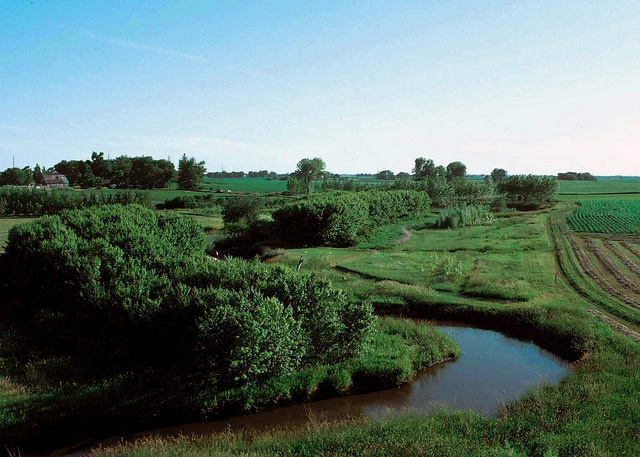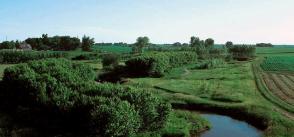
Can agroecology feed the world and save the planet?
As agricultural production across the world is increasingly threatened by climate change and overpopulation, some farmers are exploring radical alternatives like agroecology – which might just be the answer to global hunger.
[...] Starting in the 1960s, the “green revolution” saw industrial farming practices transplanted to poorer nations. In the second half of the 20th century, its success seemed unassailable: the global harvest of maize, wheat and rice trebled from 640 million tonnes in 1961 to almost 1.8 billion tonnes by 2000.
Africa, in particular, embraced new maize varieties with alacrity. Corn now covers up to 70% of some African nations’ farmland and accounts for about 50% of calories consumed by humans.
But the enormous cost to the land and people is now becoming clear. A recent report by the UN’s Food and Agriculture Organisation (FAO) summed up the problem bluntly, stating: “Past agricultural performance is not indicative of future returns”.
Read the full article by Henrietta L. Moore via The Guardian Global Development Professionals Network.
[Photo by National Agroforestry Center | Flickr]







